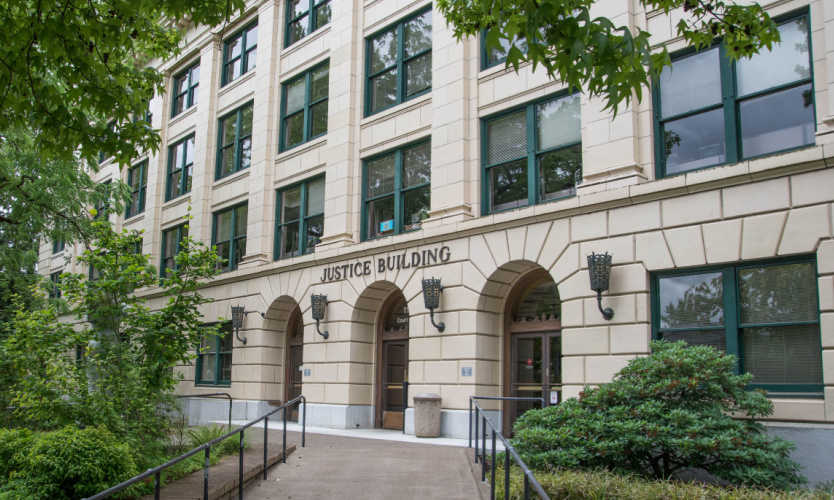Appeals court reverses Superfund cleanup contribution ruling
- August 6, 2025
- Posted by: Web workers
- Category: Finance

A divided Oregon appeals court Thursday ruled a CNA Financial Corp. unit cannot seek contributions from other insurers for defense costs arising from disputes over the cleanup of the Portland Harbor Superfund site, saying a separate settlement barred its claim.
The two-judge majority said in Continental Casualty Co. v. Argonaut Insurance Co. et al, that a trial court judge erred when rejecting dismissal bids lodged by Liberty Mutual Holdings Co.’s Employers Insurance Co. of Wausau and American International Group Inc.’s Insurance Co. of the State of Pennsylvania.
The Oregon Court of Appeals in Salem concluded that an $8.5 million settlement between Employers and policyholders Schnitzer Steel Industries Inc. and MMGL Corp., formerly Schnitzer Investment Corp., was an environmental claim under the Oregon Environmental Cleanup Assistance Act that barred Continental Casualty Co. from seeking contribution from other insurers.
The OCEAA governs the allocation of costs between insurers that are liable for environmental cleanup claims and contains an “all-sums” provision that allows a policyholder to choose one insurer to cover all the costs arising out of a risk covered by a policy, court records say.
Schnitzer and MMGL dismantled ships and recycled scrap metal at a site along the banks of the Willamette River. In 2000, the U.S. Environmental Protection Agency informed Schnitzer and MMGL that they were potentially responsible for pollution at the Portland Harbor Superfund site and that their activities as well as those of their tenants discharged contaminants into the river.
Wausau, Continental Casualty, Argonaut Insurance Co., Insurance Co. of North America, now known as Century Indemnity Co., El Dorado Insurance Co., and ICSOP issued policies to Schnitzer and MMGL that were in effect at the time of the dismantling and recycling activities. Initially, Continental, Wausau and Century agreed to share the costs of defending Schnitzer and MMGL against any actions brought over the contamination.
In 2003, the insurers disputed the allocation of defense costs after Schnitzer and MMGL retained a more expensive law firm. In 2010, Schnizter and MMGL sued Continental in Oregon federal court seeking payment of all their defense costs.
A jury awarded $8.6 million to Schnitzer and MMGL. A judge later determined that Continental’s total defense cost liability was $23.3 million when including prejudgment interest. The amount was later upheld by the 9th Circuit U.S. Court of Appeals.
In 2016, Continental sued seeking contribution from the other insurers for the defense costs incurred in defending Schnizter and MMGL. In May 2019, Wausau reached an agreement with Schnitzer and MMGL to pay $8.5 million to resolve its portion of the defense costs.
Wausau then moved for dismissal of Continental’s contribution claim, arguing that it had resolved its part of the dispute. Continental argued, and the trial court judge agreed, that it could maintain its claim because the settlement did not resolve an environmental claim under the OCEAA.
In the appeals court’s majority opinion, Judge James C. Egan wrote that the Wausau’s settlement was an environmental claim under the OCEAA because the defense costs stemmed from suits over Schnitzer and MMGL’s cleanup obligations. Judge Joel S. DeVore concurred.
In her dissenting opinion, Judge Jacqueline S. Kamins wrote that the OCEAA is not intended to allow an insurer in an ongoing contribution suit to evade its obligations by settling with a policyholder.
Representatives for the insurers did not respond to requests for comment.



